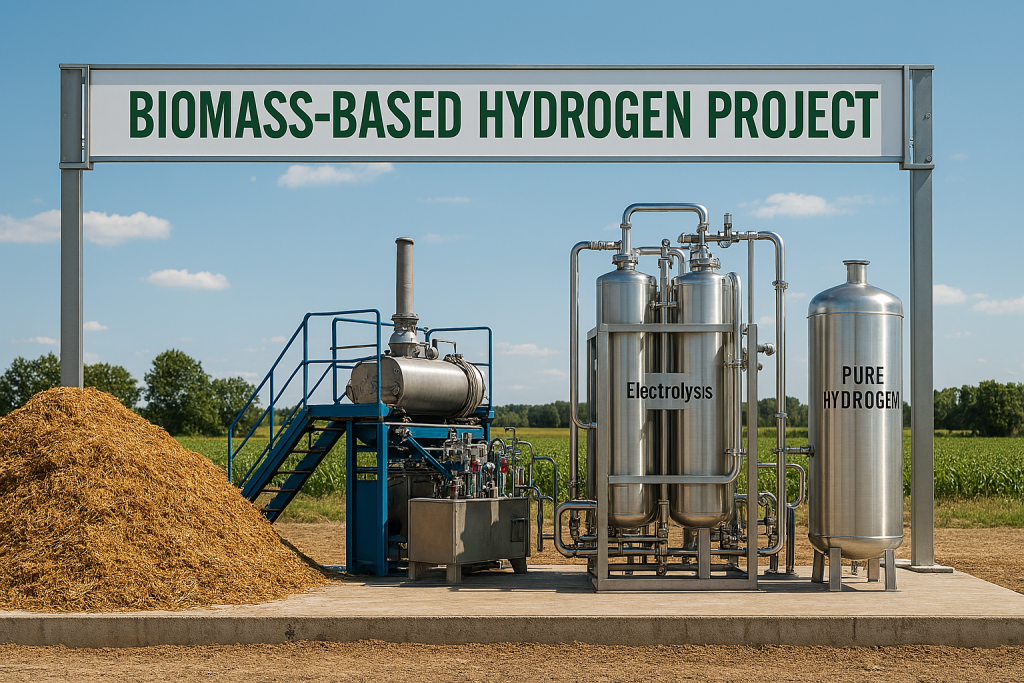Blog

Mumbai: The Indian government has unveiled a ₹100 crore funding initiative aimed squarely at startups, industrial players and research institutions developing biomass-based green hydrogen technologies. The initiative invites proposals for pilot projects that convert biomass and waste materials into green hydrogen, with the Biotechnology Industry Research Assistance Council (BIRAC) designated to oversee its implementation. Union Minister for New & Renewable Energy Pralhad Joshi unveiled the scheme at the 3rd International Conference on Green Hydrogen in New Delhi, highlighting the importance of diversifying hydrogen production pathways beyond conventional electrolysis.
The initiative falls under the National Green Hydrogen Mission (NGHM), launched in 2023 with a budget of ₹19,744 crore. The mission aims to decarbonise hard-to-abate sectors and position India as a global hub for green hydrogen. According to the Ministry of New and Renewable Energy, the scheme is intended to catalyse innovation in thermochemical and biochemical conversion processes, as well as in hydrogen storage, transport and end-use applications. Each selected project could receive up to ₹5 crore, with the goal of demonstrating scalable and cost-effective solutions.
The move comes amid growing interest in alternative hydrogen pathways that can leverage India’s agricultural and organic waste streams. By supporting decentralised production models, the government hopes to reduce reliance on water-intensive electrolysis and promote rural innovation.
The NGHM has already made headway through its Strategic Interventions for Green Hydrogen Transition (SIGHT) programme. Incentives have been awarded for 3,000 MW per annum of domestic electrolyser manufacturing and 8.62 lakh metric tonnes per annum of green hydrogen production. India currently records the world’s lowest green ammonia price at ₹49.75 per kg for 7.24 lakh metric tonnes per annum of output.
Additional investments include ₹132 crore in green steel pilots, ₹208 crore for hydrogen-fuelled vehicles and refuelling stations, and ₹35 crore for the country’s first hydrogen bunkering facility at V.O. Chidambaranar Port. The government has also approved 43 hydrogen-related skill qualifications and certified over 6,300 trainees to support workforce development.
Speaking at the conference, Principal Scientific Adviser Prof. Ajay K. Sood noted that India enjoys a cost advantage in green hydrogen production compared to several other nations, which could enable it to become a major exporter to markets such as the European Union, Japan and South Korea.
The biomass pilot scheme is expected to attract early-stage innovators and contribute to the broader goal of building a resilient and inclusive hydrogen ecosystem. As India moves towards its target of 500 GW of renewable capacity by 2030, the success of such initiatives will be critical in shaping the country’s energy transition.
(Write to us at editorial@bombaychamber.com








